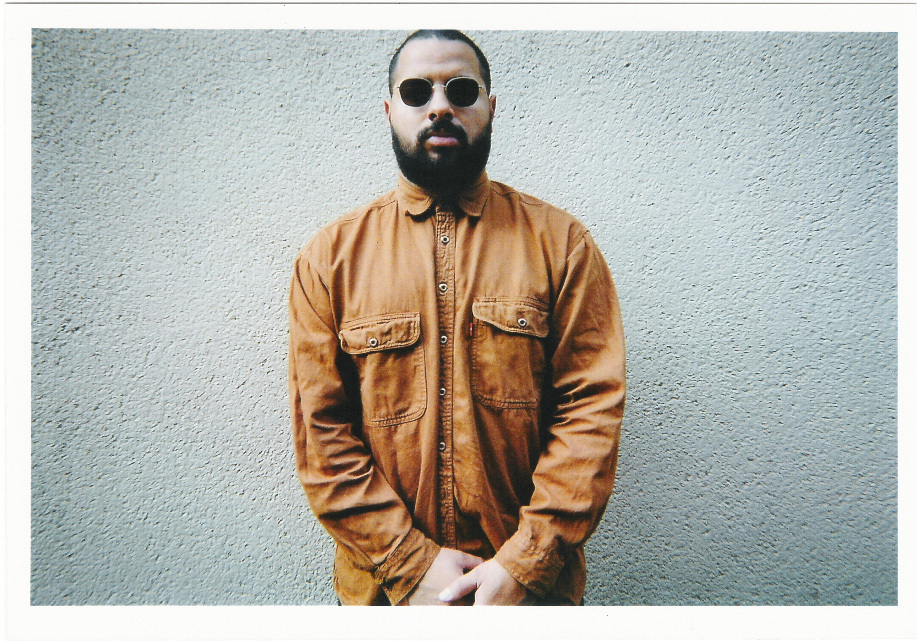Written by:
Share article:
Paris
During his appearance at the Shape Bucharest 2015, we talked with Phillippe about the Parisian nightlife, Ron Morelli, industrial music, his affinity for slower BPMs and more.
How is Paris nowadays? You were talking about the 11th arrondissement in prior interviews as your place - how do you relate to it musically?
I’m living there and so much friends are living also in this neighborhood, we influence each other, we go to the same places, same record stores. We’re hanging out there every day basically.
Is it like hood life?
Yes, exactly. The neighborhood itself isn’t that special, it’s middle-class, even getting a bit posh. When I moved there, that wasn’t like a choice I made, more like an opportunity. But then I met a lot of interesting people there - so it’s more about the people. It’s also the district where you have most of the record stores in Paris; most of them are there.
So this is to Paris what, say, Kreuzberg is to Berlin?
Not really, it was like Kreuzberg some years ago, but also here it’s getting gentrified, lots of middle class families are moving in, fancy restaurants, organic groceries stores - but it still has the shops and a lot of clubs.
I read that Ron Morelli from L.I.E.S. has also moved to Paris recently, the local scene seems to be pretty intense. How are you involved with organizing things around it?
When Ron moved, it wasn’t just the Parisian scene but also personal choices, and because moving to Europe was more simple for him, he was traveling all the time overseas, and at some point he had to find a place - and he didn’t want to live in Berlin.
Why is that?
I don’t know, I think he’s not that much into Berlin - he’s been living in New York, and I guess that makes him like the stress, it’s a struggle. I guess Berlin represents for him too much of an easy life, while Paris has more of a rough atmosphere - people are very grumpy, all the time, rents are crazy expensive, there’s tension. Since he moved, he also helped a lot the scene in Paris, because most of the things that were going on was minimal techno, and with this idea to reproduce the Berlin style - and I think, when Ron moved to Paris, a new generation of young producers came see him DJ, crossing Italo disco with harsh noise and stuff - for a few people in Paris that was quite refreshing, I think that even influenced a few labels. He’s a very good friend and we’re living five blocks from each other, we’re obviously crossing ideas. There are a few labels right now in Paris like Antinote or In Paradisum - they’re influenced by LIES - not by the sound but by the idea of creating a local scene, a label of friends, small groups of people; that mentality coming from LIES influences the spirit behind these Parisian labels, the statement of creating a local scene.

